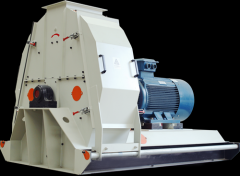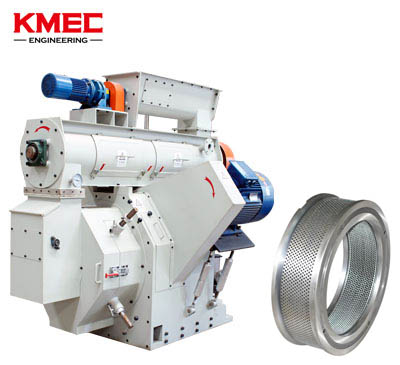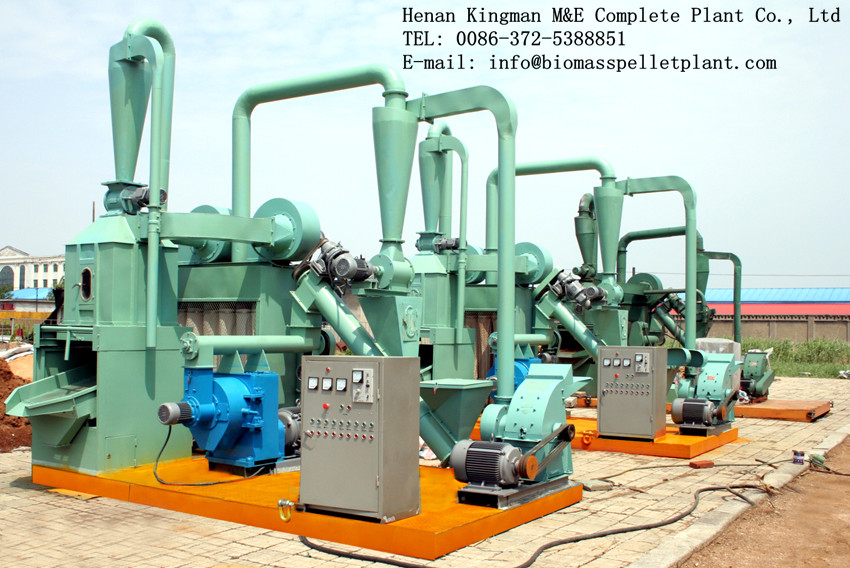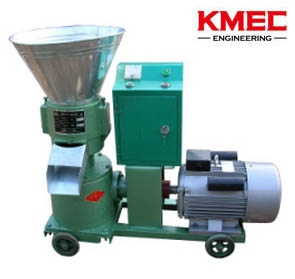Wood Pellets a Hot Commodity Across the U.S.
The wallets of many U.S. homeowners using propane or heating oil as a fuel source have likely taken a big hit this winter, due to unusually cold temperatures, compliments of the polar vortex, and frequent storms. Those enjoying cord wood or pellet heat, however, have a leg up on the frigid season. Data from the New Hampshire Office of Energy and Planning indicates that wood pellets are running $25.50 cheaper per MMBtu than propane and $13.71 cheaper per MMBtu than heating oil, and in some parts of the country such as Minnesota and Wisconsin, propane prices have doubled in the last several months, reaching close to $5 per gallon in some areas.
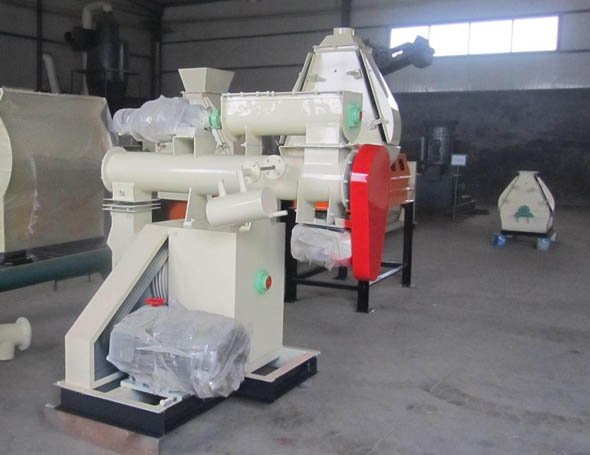
Colder weather means increased demand for pellets, and several Northeast producers report they’re already sold out for the winter. Mark Wilson, president of New England Wood Pellet, said that’s the case for his company, which operates three manufacturing plants in Jaffrey, N.H., and Schuyler and Deposit, N.Y., with a combined plant capacity is over 250,000 tons per year.
Wilson, who recently moved from chief operating officer to president after founder Steve Walker’s resignation, says in short, the uptick in demand has meant many more phone calls. We’re sold out last year, and we are again this year, he says, adding that it has not increased volume at NEWP’s plants, because each is already at capacity. However, people are looking for more product, he adds. I’ve heard competitors are sold out this year, too. While that may be the case, a long-term shortage—meaning pellets are unattainable or difficult for consumers to find—is unlikely, in Wilson’s opinion. The reason for that is because mass merchants that have taken a significant amount of market share are willing to buy pellets from other parts of the country and bring them into region, he says.
That’s exactly the case, according to Chris Sharron, president of West Oregon Wood Products, who says there appears to be spot shortages occurring across the country. We are getting calls from major retailers who are looking for supply to go into Midwest/Northeast markets, he says. The West has seen excess supply and production relative to demand for a number of years, according to Sharron, so this may be an opportunity to alleviate that issue. These blips of cooler weather are welcomed, but they’re not causing any challenges, he says, adding the active export market may be one reason some producers have not curtailed an amount of production capacity, as well as pellets sold for remediation purposes in oil sands operations.
Another reason for increased pellet demand is more boiler heating system installations, which have been slow but steady in recent years, but state-initiated incentives are helping facilitate more of them at a quicker rate. For example, Efficiency Maine recently lifted its $250,000 boiler rebate program cap, thus allowing all homeowners who qualify to obtain a $5,000 rebate for installation of a bulk-delivered pellet boiler system. Dutch Dresser, president of Maine Energy Systems, says business has grown steadily over the last six years. Our business has grown slowly but steadily [over that period]. This winter's combination of cold temperatures, soaring fossil fuel prices, and forward-looking incentive programs in Maine, New Hampshire and Massachusetts have changed the profile of that growth curve remarkably.
READ: THE BEST AND PROFESSIONAL WOOD PELLET MACHINE
Considering the pattern of colder and longer winters—and the number of northeastern pellet boiler system installations in the region growing— some producers may cautiously up production come spring to take advantage of a sellout opportunity next season. That doesn’t mean expansion projects, however. Most haven’t been producing at nameplate capacity because of working capital needs, Wilson says. Working capital is required to build inventory during the spring and summer months, so I don’t believe all Northeast producers are running at full capacity during those seasons. There is room to grow, but they just need to be able to obtain that working capital.
Excerpted from Biomass Magazine
-----------------------------------------------------------------------------------------------------------------------------------------------
News
- Small Pellet Machine Manufacturer-Kingman
- Application of Wood Pellets and Use of Biomass Pellets
- From Fossil Fuel into Biomass Pellet Fuel
- Biomass Pellet Making Machines Market
- Applying of pellet stoves for home use
- Highland pellets to build $130 million facility in arkansas
- How to deal with the blocked hammer mill
- How to Make Wood Pellets with Sawdust
- The government policy promotes the development of biomass fuel
- Market analysis of biomass pellet fuel
- Strategic positioning of renewable energy
- Biomass energy has pass through the pre assessment
- The key point of deep processing of biomass pellet
- Harbin is promoting the development of biomass machinery
- The development of biomass formation technology I
- The development of biomass formation technology II
- Biomass energy industry is now going full tilt in 2015
- Rapid increasing demand of sawdust pellet on the market
- Pellet fuel market in EU
- Chinese Biomass Energy Conference held in Beijing
- Future market development of straw pellet mill
- Peanut Shell Pellet Mill Makes High Quality Pellets
- The utilization of straw is only 5%, biomass energy needs our attention!
- Corn straw pellet machine relieves the tight supply of fuel energy
- Reasons for loose or not forming of biomass pellet mill


